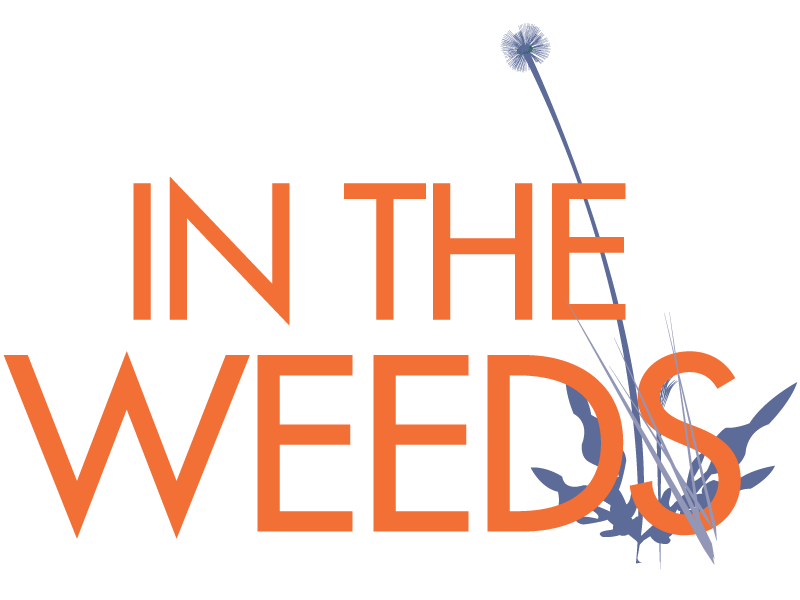I met J Alan Clark, Biologist and Associate Professor at Fordham University, at his office at Fordham’s Louis Calder Center, a research center tucked into the hills above Armonk, in Westchester, New York. To get access, you have to have a special parking pass and you get the sense that you’re going somewhere laymen don’t often see – a biologist’s realm, woods and lake set aside for the study of the mysteries of the natural world. Clark’s office is perched at the top of Calder Hall, an old stone building that serves as the research center. The quiet that reigns over the offices intimates serious work taking place.
Clark took a rather unusual path to his career as a biologist. Having started out with a degree in music education and a brief career in opera and musical comedy in NYC, Clark eventually did his Ph.D. on penguin vocalization and went on to study other aspects of bird calls and songs. A key moment was falling in love with a group of penguins in New Zealand.
Now-a-days, his research also explores the relationship between birds and urban environments. He’s an advocate not only of making cities more wildlife-friendly, but of creating opportunities for city dwellers to encounter wildlife, since without meeting other animals directly, Clark thinks we can’t be truly invested in their lives.
Two themes that emerged from this interview have lingered with me – one is what it means to fall in love with an animal of another species and the other is something that Clark pointed out in our discussion, that we co-evolved with other animals; that we have taken ‘similar paths,’ in something as fundamental as the structures of our bodies that allow us to see and to hear. He points out, for instance, that we share with birds the same range of sound (unlike, for example, with bats, whose calls would be very loud if we could hear them). We learned to talk and to sing with birds as our neighbors and that we may even share a common “grammar.”
